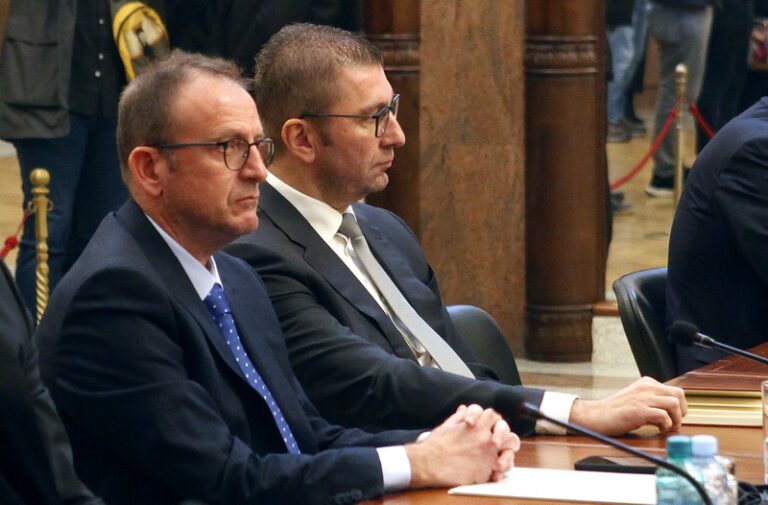Why Christians celebrate Easter on different dates
Orthodox and Catholic Easter are usually set on different dates. Orthodox Easter falls on May 5 this year, while Catholic Easter falls on March 31. Catholics usually celebrate the Holy Resurrection of Christ earlier than Orthodox Christians, the difference can be more than a month.
Orthodox churches still use the Julian calendar for Easter, which means that at certain times there can be a delay of weeks compared to the Gregorian.
Because of this difference in measuring the days, the last time the two major Christian denominations shared a date for the holiday was in 2017.
ADVERTISING
The difference in time between the celebration of Easter for the two faiths will become greater and greater.
As a result of this widening gap, from 2700 onwards the celebration of Easter for Orthodox and Catholics will never again coincide. In total, throughout the XXI century, the celebration of Easter will be held on the same day 31 times, but in each subsequent century this will happen less and less.
The last time the celebration of Easter will coincide is expected to be in 2698. Since then, Orthodox and Western Christians will never again celebrate the Resurrection of Christ together.
A complicating factor that causes controversy throughout history is finding a single date for Easter and sticking to it. At the beginning of their faith, Christians celebrated the resurrection of Jesus Christ at different times of the year.
It was the Holy Fathers of the First Ecumenical Council in 325 AD. come up with a unified way of determining the date.
They decreed that Easter should be celebrated on the first Sunday after the first full moon after the vernal equinox, but always after Passover.
To this day, the Orthodox adhere to this method of calculating the date of the feast, resulting in the fact that the Orthodox Easter is usually celebrated later than in the Western world.
In 2025, the two largest denominations of Christianity will once again celebrate the Resurrection on the same date.
In 1923, a group of Orthodox churches met in Constantinople (present-day Istanbul) to reconsider the calendar issue, eventually adopting the controversial position that important religious dates would follow the more astronomically accurate Gregorian calendar, except for Easter






















